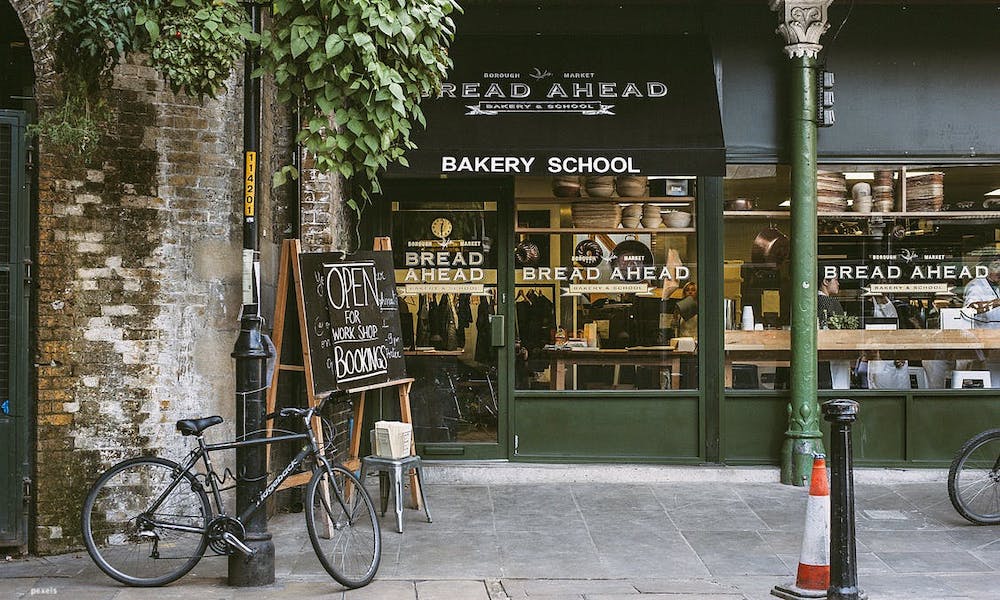Insurance
What Small Businesses Need to Know About Premises Liability

You’ve heard the stories: a customer slips and falls inside a business and sues. It can be a nightmare scenario for a small business that is already struggling to stay afloat. Each year in the U.S., preventable accidents lead to $18.42 million in costs.
As a business owner, it’s important to understand the basics of premises liability and the steps you can take to protect your company from lawsuits.
Understand Your Responsibility as a Business Owner
It doesn’t matter whether your business rents or owns the building it operates out of, you are responsible for everyone who walks through the door. This includes customers, vendors, employees and even solicitors. Even trespassers have limited protection under premises liability law.
If you rent the building, there’s a good chance that your lease agreement states that tenants assume full responsibility for maintaining the safety of the property.
Slips and falls aren’t the only things you have to worry about as a business owner. Your business may also be on the hook for:
- Employees assaulting other employees or visitors
- Hazardous substances that may run off your property
- Merchandise or equipment causing an injury
If you could have taken steps to prevent the injury or damage, you will likely be held accountable for the injuries.
Different states may have different standards of care for the three main categories of people that may be on your property: invitees, licensees and trespassers.
Typically, businesses owe the highest duty of care to invitees, or those you invite on to the premises. It is your responsibility to take reasonable steps to ensure that the environment is safe for these visitors. It is also your duty to inspect for and discover unknown dangers on the property.
Licensees are those allowed on the premises for social purposes or for their own purposes. The level of care is lower for licensees than for invitees, but you still have a duty to take reasonable care to protect them from known hazards.
Trespassers have limited protection under premises law, but you may be held liable for injuries if there is a hazardous condition that you created or maintained; the condition was likely to cause injury; you had reason to believe that the trespasser would not discover the condition; and you failed to exercise reasonable care to warn trespassers of the condition and its risks.
Preventing Premises Liability
There’s no surefire way to prevent all instances of premises liability, but there are steps you can take the minimize the risk.
First, it’s important to ensure that you and your employees are diligent about inspecting the property and checking for unsafe conditions. This will ensure that potential liabilities are detected before customers or employees discover them and become injured.
Second, it’s important to take immediate steps to correct any unsafe conditions that are discovered. Implement clear policies and procedures for handling unsafe conditions, so employees understand what to do when they discover them.
If the hazardous condition cannot be corrected immediately, take steps to warn visitors and employees. Display a conspicuous warning sign so that the hazard can be avoided until fixed.





